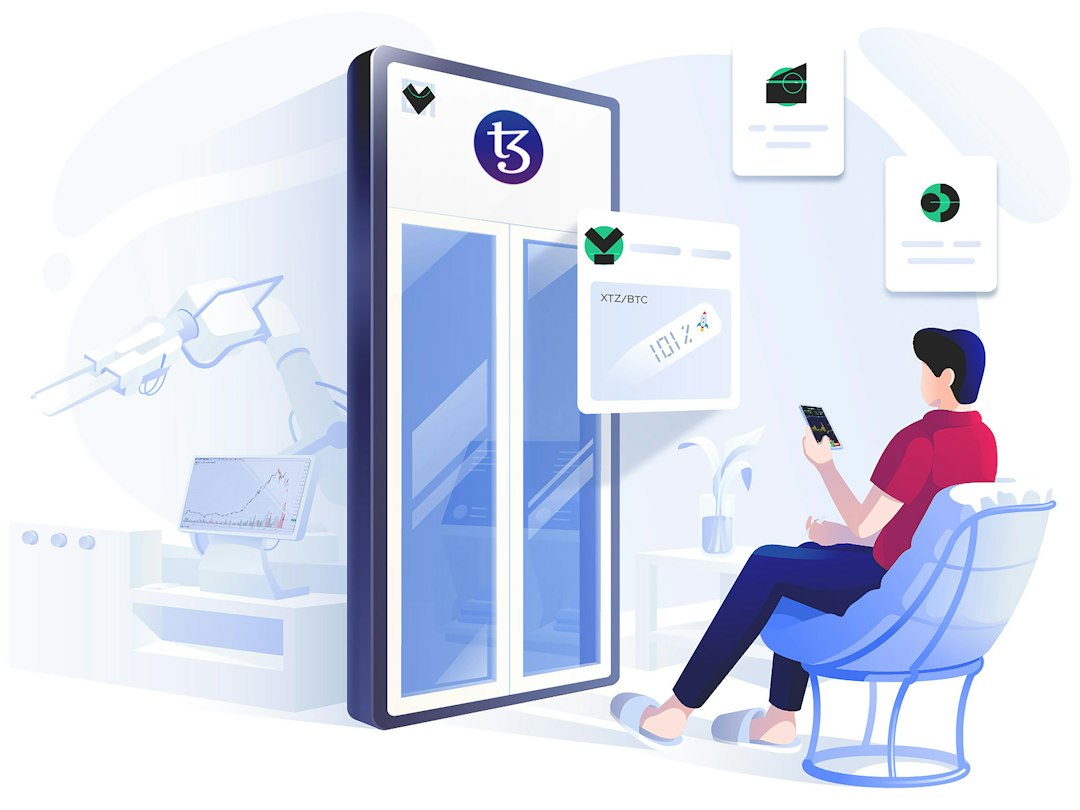Reshaping Biomedicine and Health with Large Language Models
Large language models (LLMs) such as ChatGPT are playing a transformative role in the biomedicine and health sectors. They are revolutionizing biomedical information retrieval by assisting in literature search, question answering, and article recommendation. These capabilities are essential for informed clinical decision-making and knowledge acquisition.
LLMs also contribute to clinical decision support systems and medical education by providing accurate answers to queries. They excel in summarizing complex medical texts, condensing vast amounts of information into manageable summaries. Additionally, they can organize unstructured biomedical text data into structured formats through information extraction techniques.
However, deploying LLMs in biomedicine and health comes with challenges. Limitations of these models, including biases perpetuated from training data, raise concerns about fairness and equality in healthcare. Privacy breaches and ethical implications surrounding patient data add to the complexity. Comprehensive evaluation of LLMs is also difficult due to the labor-intensive nature of expert evaluations required.
Hot Take: Balancing Potential and Risks in Biomedicine
The advancements made by LLMs like ChatGPT in biomedicine and health are undeniable. However, it is crucial to address the risks and challenges associated with their application. Fabricated information, legal and privacy concerns, and the need for thorough evaluations are issues that must be tackled to ensure the safe and effective use of LLMs in healthcare.





 By
By
 By
By
 By
By

 By
By